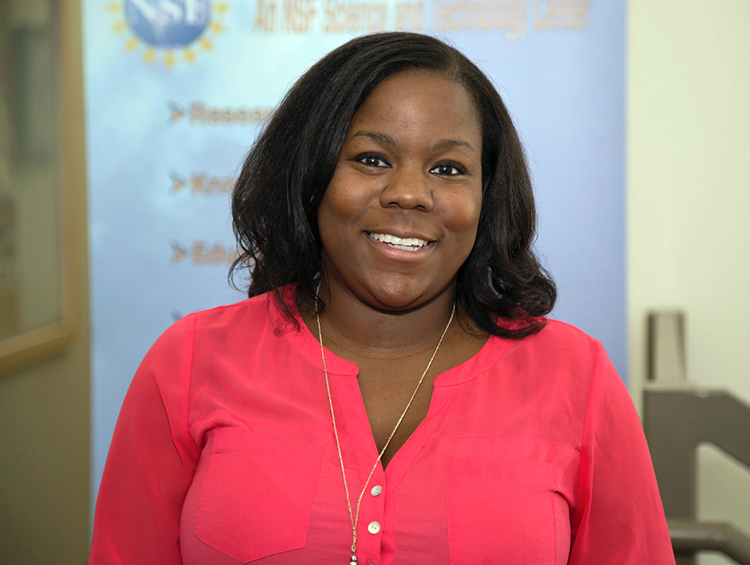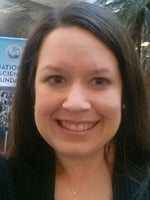
Below are past winners of the award. You can find more information about the previous winners here.
2022 - Joseph Trujillo Falcón, CIWRO/NOAA NSSL/NWS SPC

2021 - Lawrence C. Gloeckler, III, Resilience360/Riskpulse

2019 - Dr. Gina Eosco, Cherokee Nation Strategic Programs

2017 - Dr. Melissa Burt, Colorado State University

2016 - Dr. Amanda "Manda" S. Adams, NSF

2015 - Dr. Ankur Desai, University of Wisconsin - Madison

The Award for Early-Career Professional Achievement recognizes early-career individuals who have demonstrated excellence in their profession. Their work should reflect a deep understanding of their expertise area and its application. Candidates should also demonstrate a high level of service to their community, society, and discipline, for example by mentoring fellow early-career professionals or students. This award is not intended to recognize early-career scientists who have demonstrated outstanding research ability, who instead should be considered for the Meisinger, Houghton, or Fofonoff Awards.
Nominations are considered by a committee of seven members, including the chair of the Board for Early Career Professionals (BECP), who will lead the committee, and three other members from the BECP; one member from the Board for Private Sector Meteorology; one member from the Board on Best Practices; and one member from the Commission on the Weather, Water, and Climate Enterprise’s Executive Committee. The BECP chair will submit a recommendation to the Commissioner on Professional Affairs, who will review and then make a recommendation to the Council for final approval.
“Early career” is nominally taken to include scientists who are within ten years of having earned their highest graduate degree or within fifteen years of having earned their baccalaureate, whichever is greater. Consideration will also be given, however, to those who are still in the early stage of their careers but have seen these interrupted for up to 5-10 years by family leaves, military service, and the like.
Nominations for early career awards will remain active only through the year in which the candidate meets the early career criterion by the date nominations are due. You will be allowed to update an unsuccessful nomination at the beginning of the next award cycle.